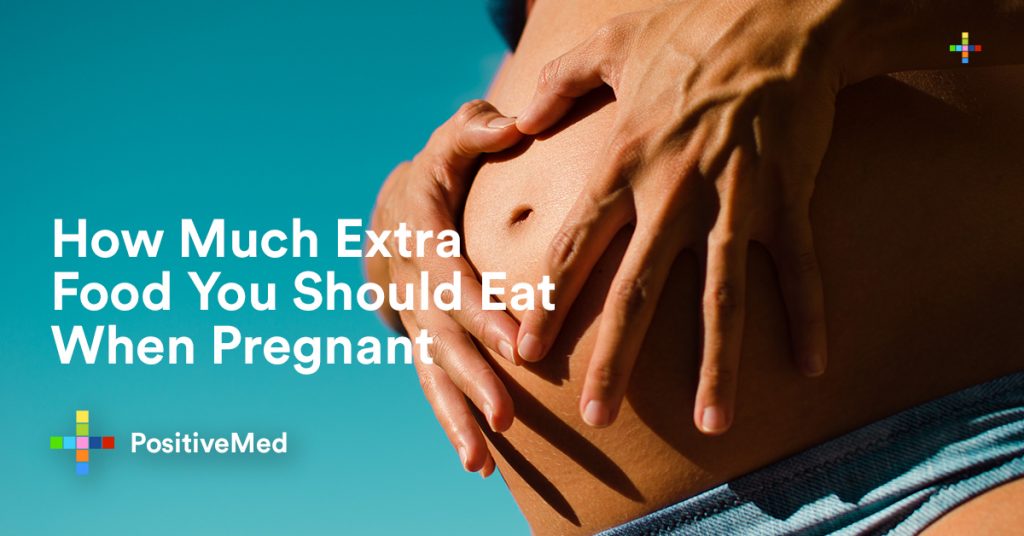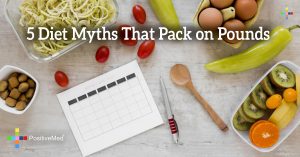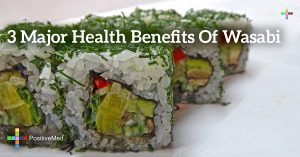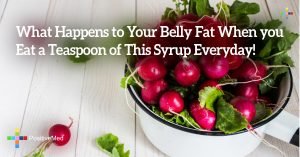Eating well during pregnancy is very crucial but you must be mindful of what you eat. You should consume at least 300 extra calories daily later in your pregnancy when your baby is fast developing. These calories should come from healthy and nutritious foods that can enhance the growth of your child.
On average, most healthy women gain between 25 and 35 pounds during pregnancy whereas the newborn is only a fraction of that weight.Undeniably, patterns of weight gain when a woman is pregnant vary.You can gain more or less depending on what you eat. The main source of nourishment for your child is determined by what you consume.
Doctors say that you should not rely on empty calories but should provide your baby with all the nutrients it requires to grow. For instance, extra calcium is essential for your developing and your body as well. Similarly, you also require more of all the essential minerals and nutrients than you did before becoming pregnant.
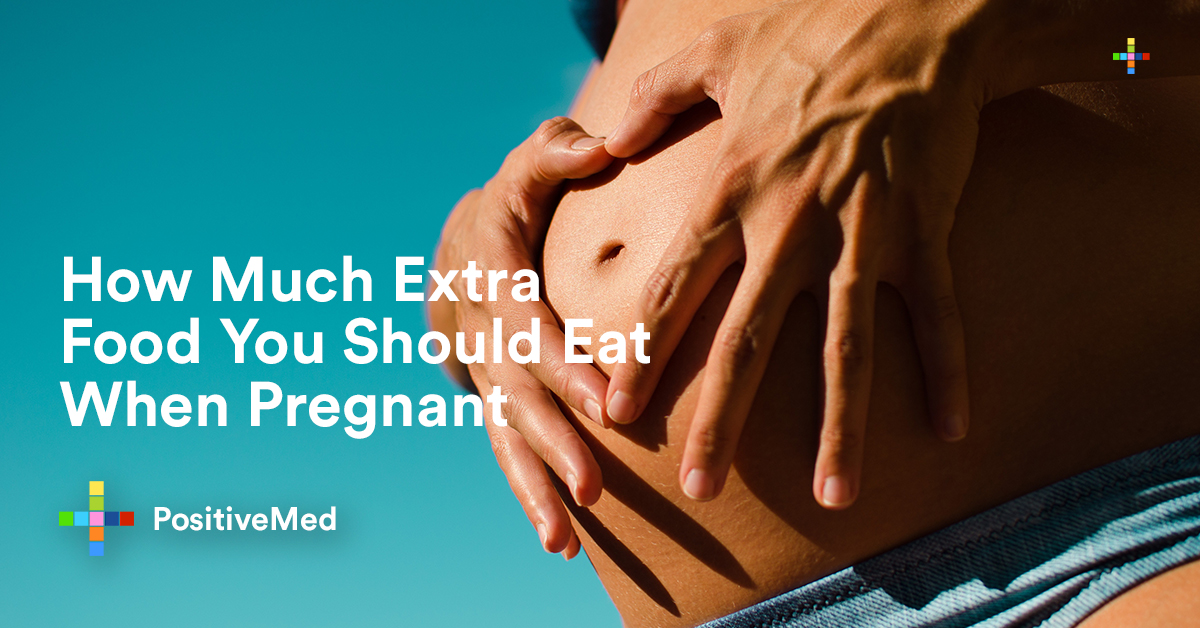
The most common nutrients include:
Protein
It is required for blood production and cell growth. Best sources include peanut butter, lean meat, egg whites, tofu, and beans.
Carbohydrates
It is essential for daily energy production. The best sources of carbs include cereals, bread, potatoes, rice, pasta, vegetables, and fruits.
Calcium
It plays a major role in strengthening teeth and bones. It also improves nerve function and muscle contraction. You can get calcium from sardines, milk, cheese, liver, fish, spinach, and yogurt.
Iron
Iron is crucial in the production of red blood cells. This helps to prevent anemia. Best sources include spinach, lean red meat, and iron-fortified cereals and whole grains.
Vitamin A
It promotes the growth of bones and healthy skin. Best sources include dark leafy greens, carrots, and sweet potatoes.
Vitamin C
This is important in assisting the absorption of iron. It also promotes healthy bones, teeth, and gums. Sources include broccoli, citrus fruit, tomatoes and fortified fruit juices.
Vitamin B6
Vitamin B6 is required in the formation of red blood cell. It also ensures effective use of carbohydrates, protein, fats, and minerals. You can get it from ham, pork, whole-grain cereals, and bananas.
Vitamin D
It facilitates the absorption of calcium and promotes the growth of healthy bones and teeth. Sources include dairy products, cereals, bread, and fortified milk.
Vitamin B12
It is required in the formation of red blood cells and also in maintaining a healthy nervous system. You can get this vitamin from lean meat, poultry, and fish. It is also available in supplement form for vegetarians who don’t consume dairy products.

Folic Acid
This plays a crucial role in the production of blood and protein. It also enhances the function of enzymes. Good sources include leafy green vegetables, nuts, dark yellow fruits, peas, and beans. Studies have shown that folic acid can lower the risk for anencephaly (brain defect) and spina bifida (failure of the spinal cord to close completely).
Fat
Your body requires energy reservoir during pregnancy and it is stored as fat. Healthy sources of fats are vegetable oils, meat, dairy products, and margarine. You should limit fat intake to 30% of the total daily calorie intake.
Importance of Eating Healthy During Pregnancy
Given that whatever you consume determines the growth and health of your baby and your body, a balanced diet should be a priority. It can prevent conditions such as:
Gestational diabetes
Excessive weight gain
Infections and anemia to the mother
Poor healing
Low birth-weight
Premature delivery
Brain defects to the baby
Weight Gain During Pregnancy
Gaining some weight during pregnancy is common although it varies. Here are some general guidelines.
A healthy woman should gain between 25 and 35 pounds.
An overweight woman should gain not more than 20 pounds during pregnancy.
An underweight woman or one with multiples should gain 35 to 45 pounds.
It is important to inquire from your doctor how much weight you should gain.
Although you need extra calories daily during pregnancy, they should come from healthy sources. You should avoid:
Junk foods
Calories from junk foods and sweets don’t provide the nutrients your baby requires. This means that the baby will get minerals and vitamins from your body. As a result, your health can suffer.
Alcohol
Alcohol consumption during pregnancy has never been considered safe.
Too much caffeine
Although most doctors feel that a few caffeinated drinks a day cannot harm the fetus, it is wise to avoid caffeine. High caffeine consumption has been associated with an increased risk of miscarriage and other issues.
When you are expectant, it is important to stay clear from food-borne conditions like toxoplasmosis and listeriosis. Such illnesses can be life-threatening to your unborn baby and make your baby vulnerable to birth defects or miscarriage. For the safety of your child, you should steer clear from:
Unpasteurized products like cheese, milk, juices, and apple cider/
Raw eggs
Processed meats like deli meats and hot dogs. Cook thoroughly is you must eat.
Undercooked or raw meats
Fish that are high in mercury, such as sharks, tilefish, and swordfish
Coping with common problems
Prenatal vitamins rich in iron along with other factors can cause constipation if you are expectant. It is thus crucial to consume foods rich in fiber (at least 25 grams of fiber daily). Some of the best sources are fresh fruits, vegetables, and whole-grain cereals or bread.
The food should be:
Rich in protein
Low in sugar
Rich in poly-unsaturated fats
